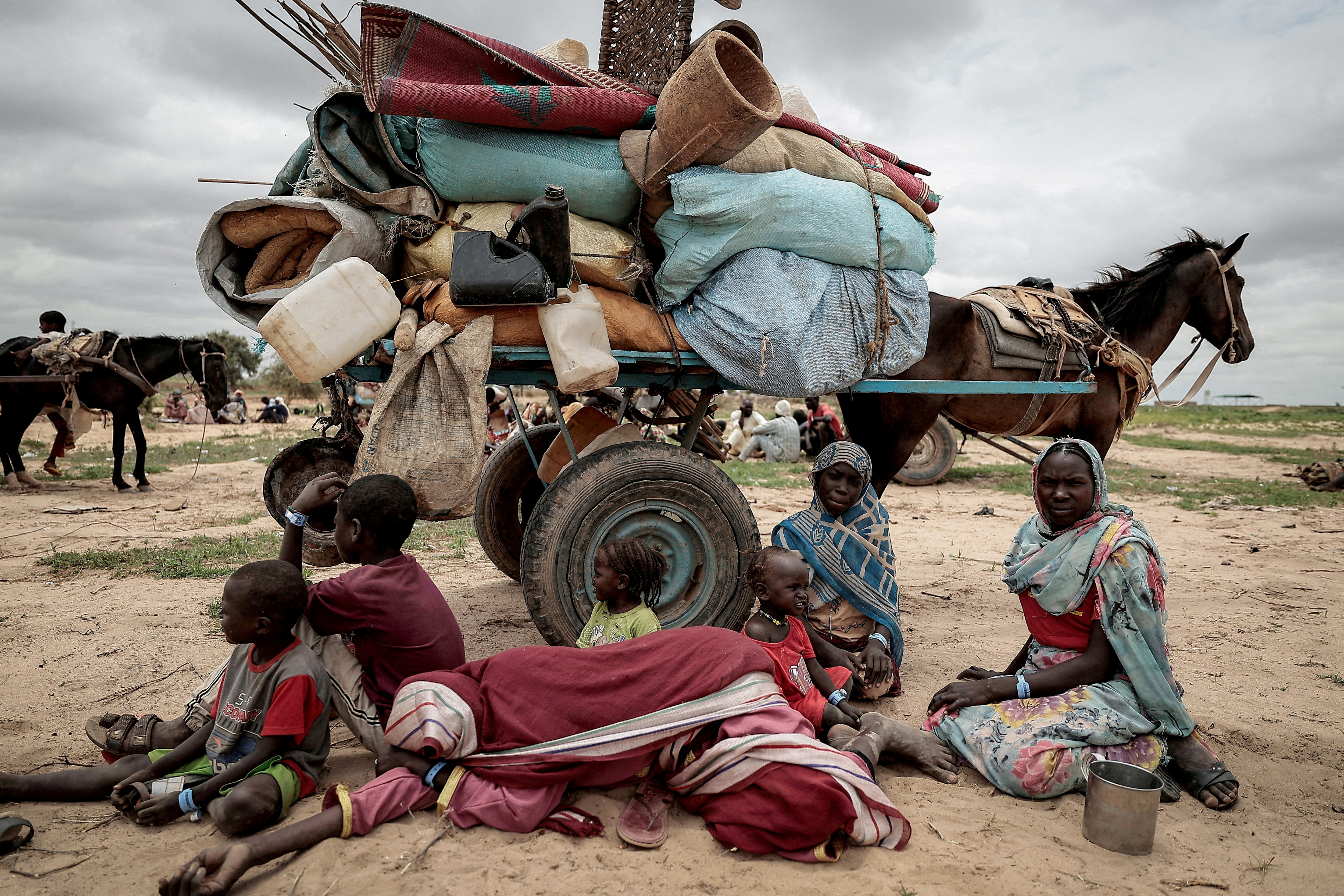
Sudan has suspended its involvement in mediation efforts with an east African regional bloc that has sought to broker talks between the country’s warring parties.
The Sudanese army and the Rapid Support Forces (RSF) paramilitary group have been fighting for nine months in a brutal war that has displaced more than 7 million people and left nearly half of Sudan’s 49 million people requiring aid.
On Tuesday, Sudan’s Ministry of Foreign Affairs said in a statement that the decision came after the Intergovernmental Authority on Development (IGAD) added Sudan to the agenda of a meeting scheduled for January 18 in Kampala, Uganda, and invited the RSF’s leader, Mohamed Hamdan Daglo – known as Hemedti – to attend.
The ministry, which is loyal to army chief and Sudan’s de facto leader Abdel Fattah al-Burhan, accused IGAD of “violating Sudan’s sovereignty” and setting a “dangerous precedent”.
The bloc, in parallel with the United States and Saudi Arabia, had repeatedly attempted to mediate between the two warring generals, but to no avail.
On Saturday, the ministry accused the bloc of lending Hemedti’s “militia” legitimacy by inviting it to a meeting that will be attended by member heads of state and government.
Al-Burhan had recently accused the bloc of bias and seeking to intervene in “an internal matter”.
The RSF chief recently toured six African capitals including IGAD members, while analysts say the army chief is growing more and more isolated diplomatically, as his troops lose ground to RSF advances.
Al-Burhan has reacted angrily to Hemedti’s growing diplomatic status, accusing African leaders receiving him of complicity in atrocities against Sudanese civilians.
The war between the two sides erupted in mid-April over an internationally backed plan to merge the RSF into the army and launch a transition towards elections.
The army and the RSF had shared power after longtime ruler Omar al-Bashir was toppled during a popular uprising in 2019. Before they came to blows, they jointly staged a coup in 2021 that upended efforts to steer Sudan towards democracy.
Throughout the conflict, both sides have been accused of war crimes, including the indiscriminate shelling of residential areas, torture and arbitrary detention of civilians.
The RSF has also specifically been accused of ethnically-motivated mass killings – especially in Darfur – as well as rampant looting and the use of rape as a weapon of war.
The conflict has killed more than 13,000 people, according to a conservative estimate by the Armed Conflict Location & Event Data Project.
Around 7.5 million civilians have fled the fighting either abroad or to other parts of the country, according to United Nations figures.







